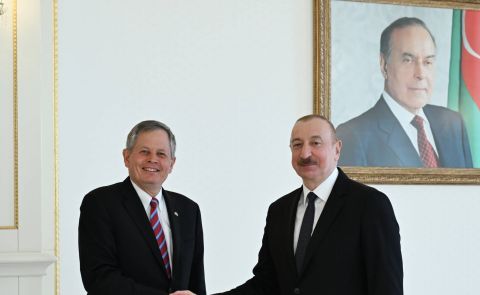
Georgian PM Addresses Concerns Over Zurab Adeishvili's Case and Declining US Foreign Aid
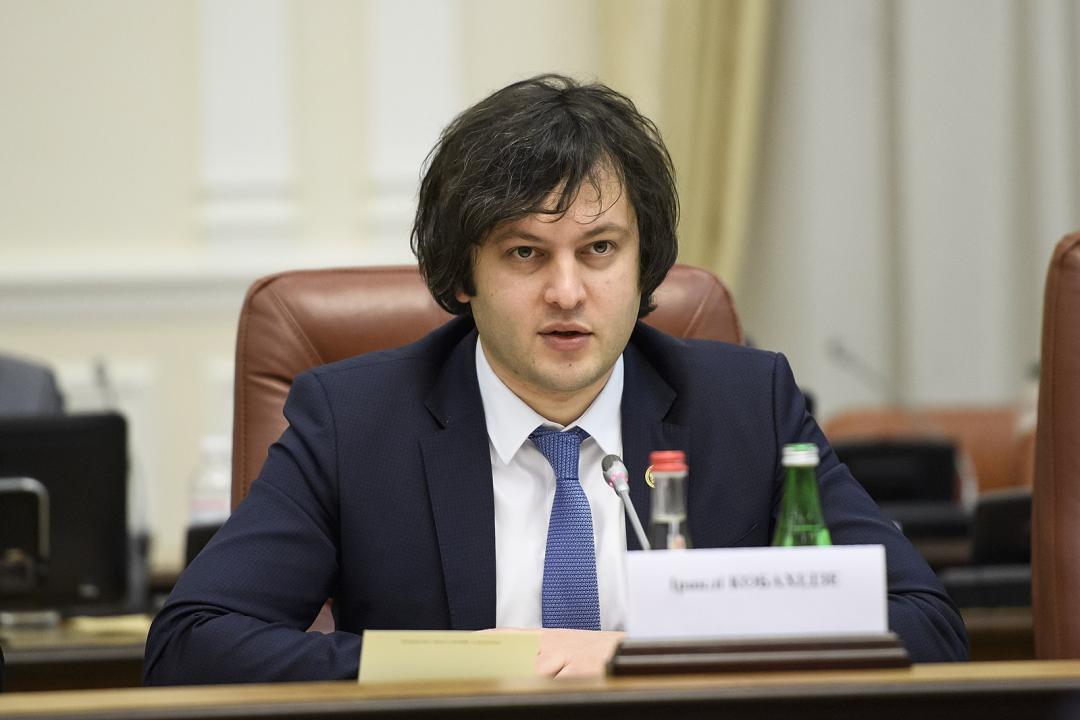
On March 12, Georgian Prime Minister Irakli Kobakhidze addressed concerns about the movement of accused former high-ranking officials to Europe, emphasizing the importance of European bureaucracy respecting fundamental principles, particularly the rule of law. Kobakhidze highlighted that individuals like former Minister of Defense Davit Kezerashvili and former Minister of Justice Zurab Adeishvili have been convicted of serious crimes, including business racketeering, covering up murders, and torturing prisoners. He expressed concern that when such individuals freely move within European countries, it raises questions about the commitment of European bureaucracy to the rule of law.
Furthermore, Kobakhidze pointed out that some of these individuals are also suspected of serious crimes against European pensioners. He emphasized that the government has submitted relevant appeals to the prosecutor's office regarding these cases, indicating a commitment to pursuing legal avenues to address the issue.
Moreover, the prime minister criticized calls for the release of former Georgian President Mikheil Saakashvili, stating that such calls are confusing and incomprehensible in light of past events. Kobakhidze highlighted that there had been a campaign to deceive the public about Saakashvili's health for two years, with false claims suggesting that he was in critical condition and could die at any moment. He described this campaign as fake and forged, emphasizing that it was eventually proven untrue. Given this context, Kobakhidze expressed bewilderment at renewed calls for Saakashvili's release. He refrained from further commentary, stating that while he may have personal views on individuals who previously addressed Georgian society in Russian, he preferred not to engage in polemics with them.
Furthermore, Kobakhidze responded to a statement made by Ukrainian high-ranking official Davit Arakhamia, urging the Ukrainian authorities to make decisions that enhance historical friendship and avoid actions that artificially divide peoples and countries. Kobakhidze emphasized that the Georgian Dream party does not seek controversy with Arakhamia or other politicians. He expressed regret over the attitude displayed by the particular representative of the Ukrainian government, highlighting the extensive support Georgia has provided Ukraine through various acts, resolutions, and humanitarian aid. The Prime Minister acknowledged Ukraine's difficult situation, particularly amidst ongoing conflict, but stressed the importance of respecting the Ukrainian people while refraining from engaging in polemics with Ukrainian officials. Kobakhidze pointed out the perplexing decision to recall the Ukrainian ambassador from Georgia two years prior, citing Saakashvili's presence in Georgia as a reason—a rationale that no longer holds weight given subsequent developments. He also referenced wanted criminals holding high positions in Ukraine, which he believes contradicts the historical-friendly relations between the two nations.
Additionally, Prime Minister Kobakhidze addressed the reduction in US foreign aid to Georgia, which amounted to 8 million dollars. He highlighted that a significant portion of this funding typically goes to non-governmental organizations (NGOs). Kobakhidze suggested that the decrease in financing could be attributed to disappointment on the part of the American government with the performance of NGOs in Georgia in recent years. While he refrained from definitively stating whether the US makes decisions based on this factor, he indicated that it could contribute to the reduction in aid.
See Also

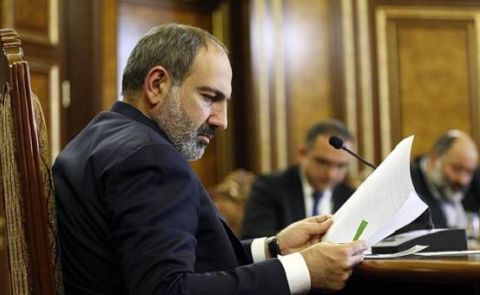
Pashinyan Commemorates First Republic Day, Highlights Progress in Sovereignty and Peace Efforts

Israeli Ambassador to Armenia Acknowledges Challenges but Optimistic About Future Armenian-Israeli Cooperation
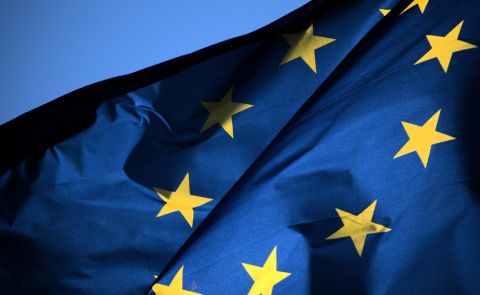
EU Plans Closer Cooperation with Azerbaijan, Georgia, Türkiye, and Other Black Sea States
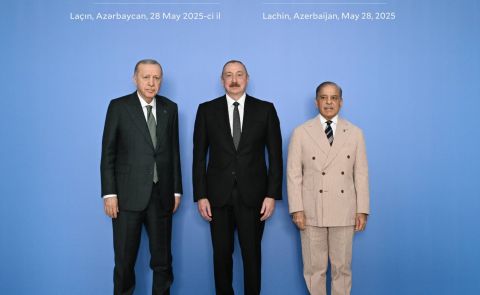
Azerbaijan, Türkiye, and Pakistan Highlight Growing Strategic Cooperation at Lachin Summit

